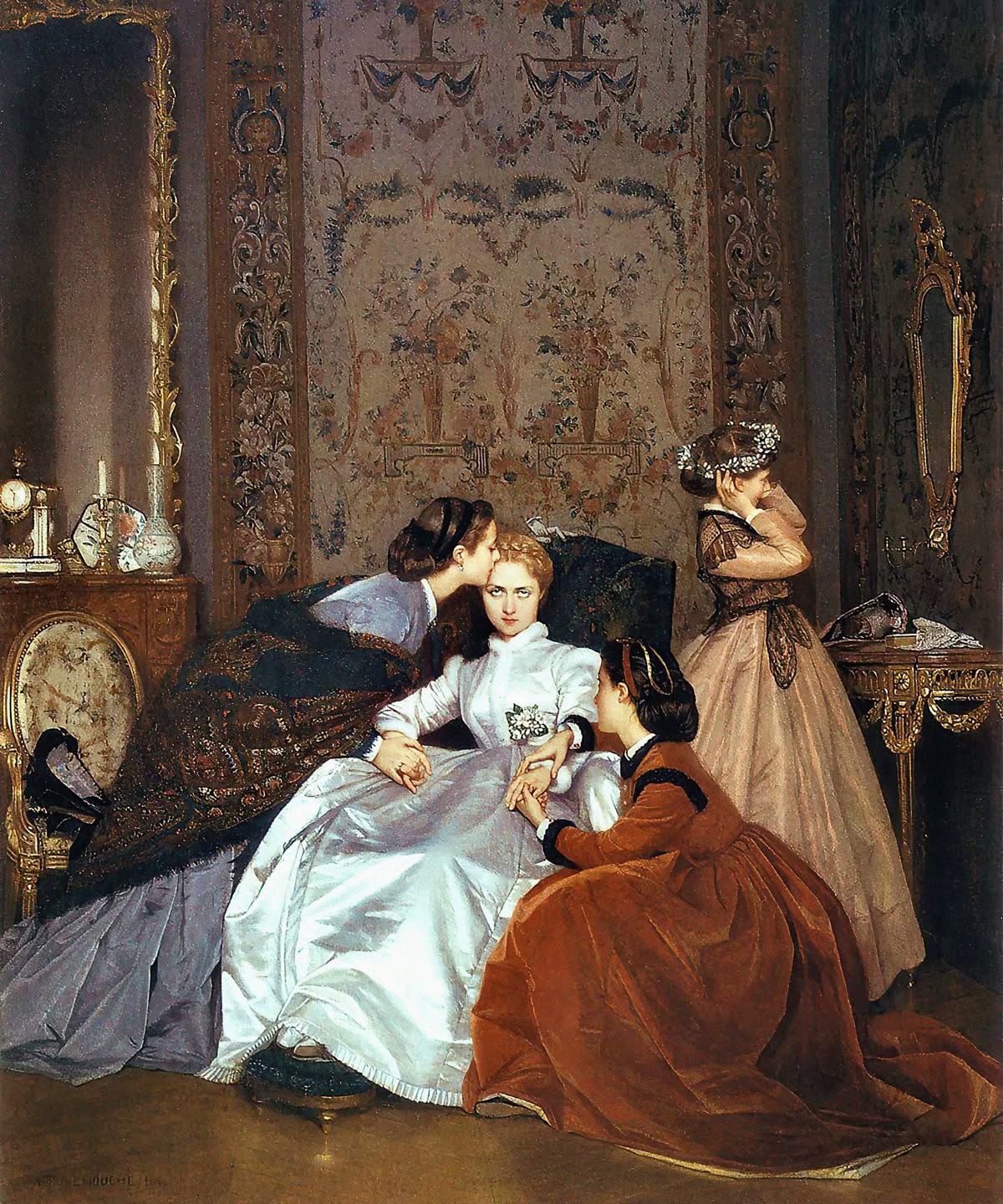Everyone Thinks They’re a Critic but No One Knows How to Critique
The death of the critique and the rise of the opinion
I went to art school and all I got was this lousy ability to be able to look at art objectively and with nuance, that’s useless online.
In art school the critique is a sacred tradition. After every project is turned in there is a dedicated time to provide feedback as a whole group. The purpose is to learn how to analyze work and provide criticism to ultimately create better work. It is both for the creator of the work and the critic of the work, a way to learn how to give and take feedback, constructively. The ability to critique is a vital skill to learn, not only for one’s own work but for how you approach and consume the world around you. But in recent years the art of the critique seems to be dying, drowned out by dreaded, “online discourse.”
I struggle not to roll my eyes at the term “online discourse.” The term discourse makes it appear as though it’s rational and measured, a way to validate what is happening as intellectual. In reality, it’s a far cry from that. What happens online is more akin to a digital smackdown. It’s divisive, cruel, and completely unproductive. The conversations that develop online are not critiques at all, rather a competition of which side can yell their opinion the loudest.
The internet has unleashed an era of opinions. At any given moment there is a near constant stream of opinionated debate around someone or something, until people tire of it and find their next victim. This week the discussion is on writer Ocean Vuong and before it was Celine Song’s film “Materialists.” Next week it will be something else, with little memory of what came before.
The people who hop online to give their reviews usually have a motive deeply rooted in an emotional reaction. Whether it’s because they are a die hard fan, an eye rolling cynic, a jealous unfulfilled creative, someone projecting a personal experience onto the work, or a person who’s just in the mood to argue. The online critic is usually one filled with emotion and wants to prove a point. And when an online debate inevitably ends in a total character assassination and condemnation of the creators entire being and body of work—where can you go from there? What do you do with that information? There is no point to unconstructive criticism.
Algorithms favor shocking statements, rage bait, and opinions extreme in nature. The more harsh or defensive the better. And so the art that gets pushed out to us is what gets argued about the most, which might not necessarily be the best. A lot of people don’t seem to have caught on that their attention is the prize. Good or bad, in an attention economy, if you’re talking about something, that’s all that matters. In turn, what we end up with is extreme opinions and worse art.
The role of an actual critic should be a valued part of a healthy culture. Critics should come with a measured and contextualised perspective that is worth listening to. A good critic is beneficial for everyone, they tell you what to spend your time and money on and allow an artist to understand where they may need to improve and where they shine. Ultimately, a critic can make culture better, help to define an era or a genre. Be a filter in a world of overconsumption and encourage better, more thoughtful, reflective work. What happens online is a far cry from that.
You could say who cares, that’s the way it is and everyone’s entitled to an opinion. But what I worry is that this extreme black and white viewpoint does nothing to improve culture, and it might make creative work worse. A takedown that doesn’t allow for any redemption can be tossed aside as irrational hate because it probably is. And that in turn paints all criticism—even the constructive— with the brush of “hate.” Megalomaniac pop stars can call anyone who isn’t a diehard fan a hater. Directors and actors can look at all backlash as silly online noise. The extreme takedowns render all discussion on a topic as “cancel culture” that doesn’t need to be paid attention to.
And so, it begs the question—what’s the point of everyone having a voice and an opinion if no one’s listening? We’ve killed the critic and our opinions have turned to angry noise, where does that leave culture?





ooo i was thinking about this today actually. another point i want to add about current culture pushing out the "loudest" opinion is the lack of time we, the consumers, have to digest a piece. whether it's art, a book. film, a show, etc. it's like as soon as something is released, you need to have a take immediately. there's no longer time to form a well-backed take, people just want to push out takes regardless of what's in the take!!!
I completely agree with you on this. I have often felt like people these days only ever see things as either black or white, with no in between. This is, in my opinion, is very harmful because like you said it leaves no room for action or growth, it just leads nowhere. And I have often times fallen into its trap, when it comes to certain takes I've caught myself simply agreeing with the noise, without really taking the time to analyze and understand the problem. Which is why now I try to be more mindful about the opinions I see on the internet, actually taking the time to understand both sides by looking up information on my own. I've also tried striking conversations with my friends to see if they can help broaden my point of view with their own ideas. All in all, I completely agree with you that constructive criticism is necessary for both culture and growth.